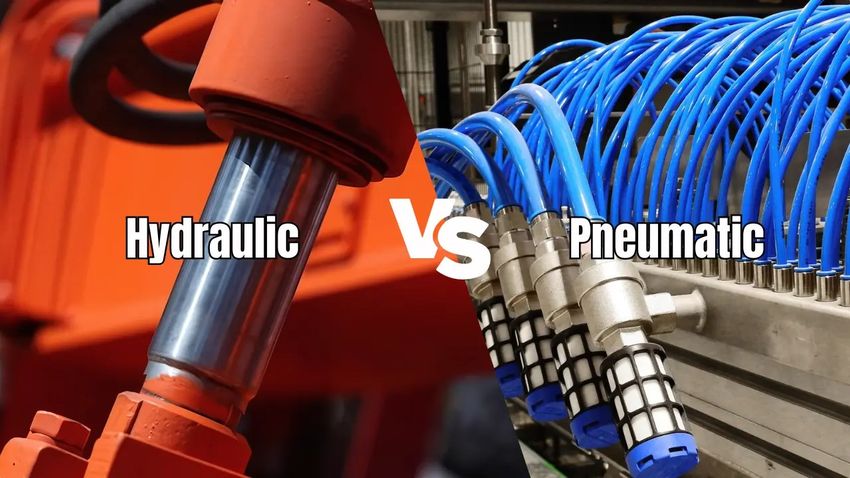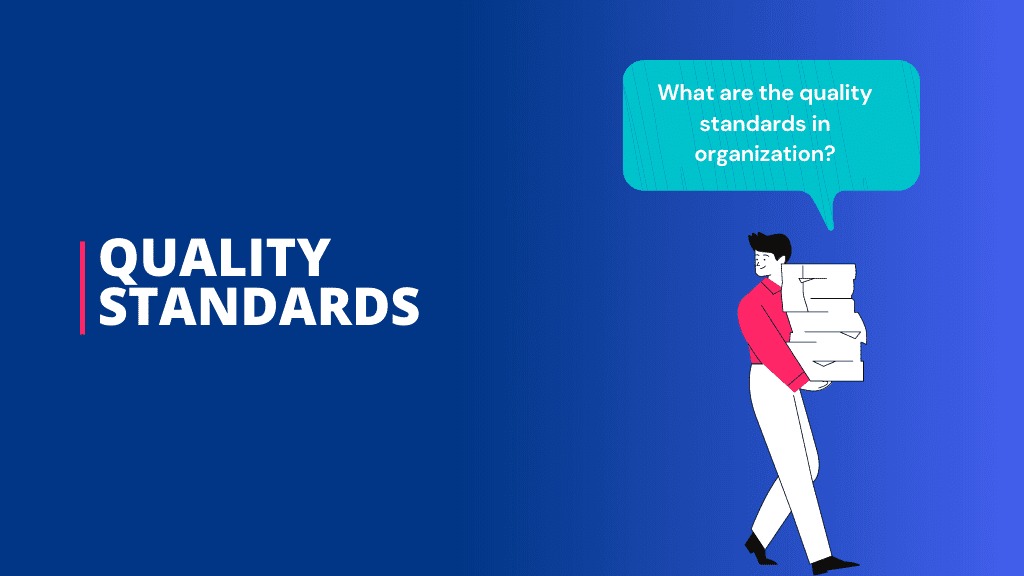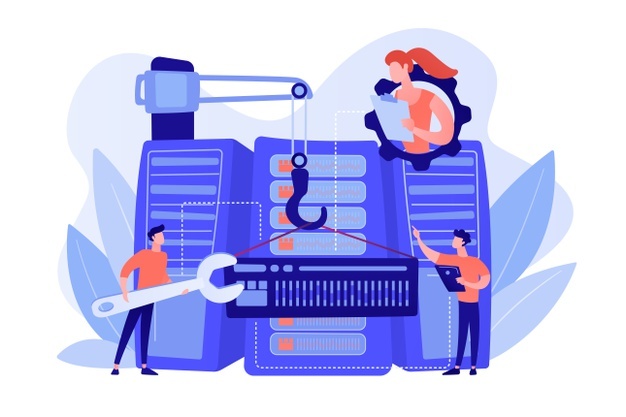Posted inProfessional Ethics & Human Values
Zone Of Acceptance’ of Authority
‘A subordinate is said to accept authority whenever he permits his behavior to be guided by the decision of a superior, without independently examining the merits of that decision’ - Herbert Simon - Simon notes that all employees tend to have a ‘zone of acceptance’ in which they are willing to accept their employer’s authority. - Within that zone, an individual, relaxing his own critical faculties, permits the decision of the employer to guide him. - Employees generally do not make an issue of questionable incidents on morality, out of a sense of responsibility to give their employer leeway within which to operate and often not to risk their jobs. - The problem increases when employees slowly expand the boundaries of tolerance and rationalize it. This only shows that engineers should never …






